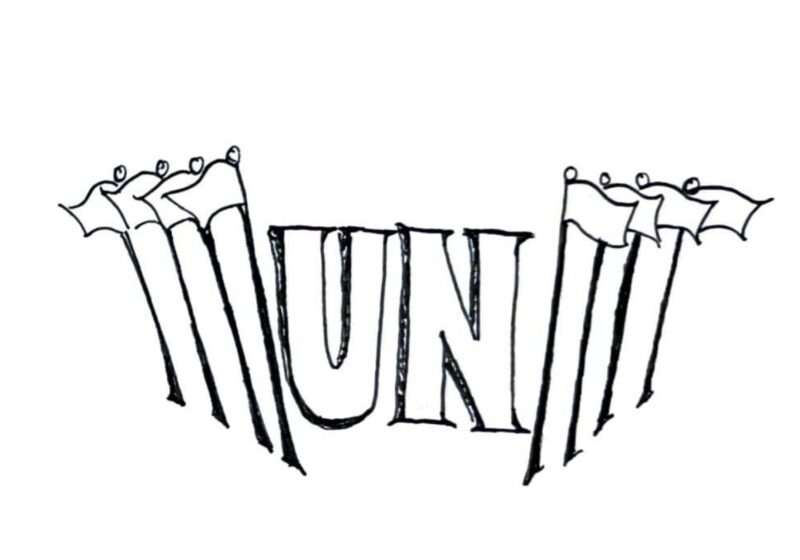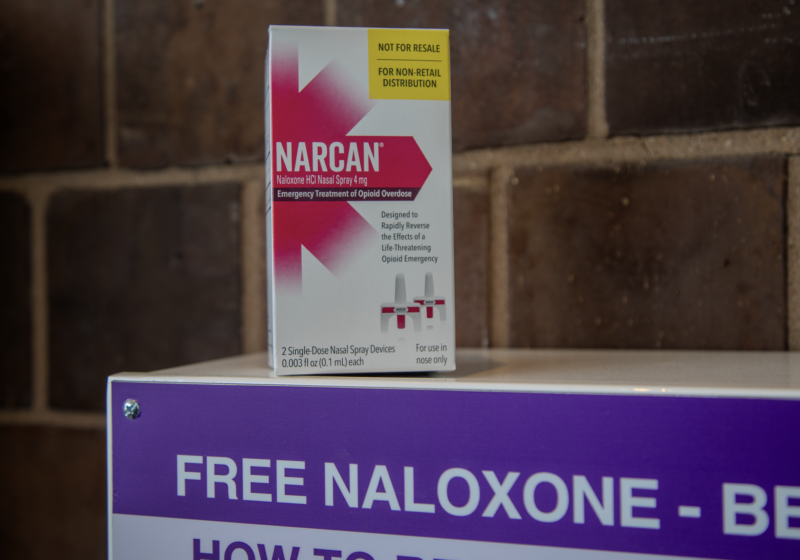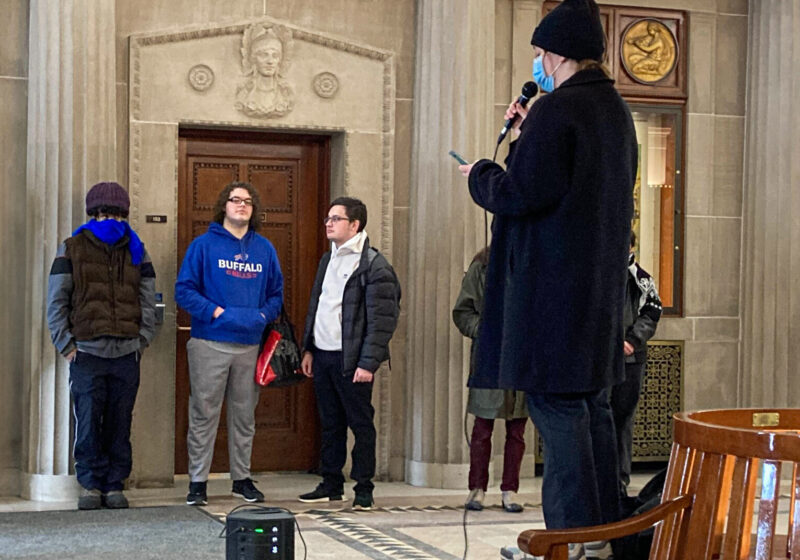As many of you know, this past Monday, Jews around the world celebrated Yom Kippur, the Day of Atonement.
It is the most holy day of the Jewish religion where we fast for a day and atone for the sins we have committed over the past year. The reason that many of you know this is because many of you are Jewish.
According to the Interfaith Chapel, 16 percent of the students on campus are Jewish, that’s almost 600 students. In other words, the concentration of Jews on campus is eight times that of the United States or eighty times that of the world.
Much to my dismay, classes on Monday were not cancelled. Granted cancelling classes for every holiday is not conceivable, but for holidays of this importance it is imperative, especially when it affects such a large portion of the campus population.
We may not be a majority, but in comparison to the concentration of Jews in the world, we make up a very sizeable chunk of the campus.
If classes were canceled for the Jewish High Holidays it would be a maximum of two days for Reform Jews ? three for Conservative or Orthodox ? per year.
During this time other students could utilize this extra free time by catching up on work or even getting ahead, as these days often come early in the school year.
I would like to stress that often, like this year, it would only mean one day of cancellations, due to the fact that Rosh Hashanah, the other Jewish High Holy Day, fell totally on the weekend.
Canceling classes on the Jewish High Holidays, would not be a revolutionary thing to do as there are other schools that do this, both private colleges and public schools.
Many might consider this preferential treatment of one group over another. To this I disagree. I’m sure that if Christmas and Easter fell during a time when school is open, or on weekdays, classes would be cancelled for them. But, as it is, Christmas falls over Winter Break, and Easter is always on a Sunday.
Some might argue that if we are given the High Holy days off, all holidays would have to become days off regardless of the religion. Again, this is untrue.
There are very few holidays which require a full day’s observance, and this is an easy distinction to draw.
More importantly though, disregarding the religious aspect, if two thirds of the freshman class ? roughly the same number of students ? felt obligated to attend an event, wouldn’t it make sense for classes to be cancelled?
The current campus policy is that no one shall be punished for missing class due to religious observances. This is nice, but I don’t think it is enough.
I for one had three classes on Monday. Being a freshman in rather difficult classes, I didn’t think it would have been prudent to miss the instruction in those three classes.
This was a very difficult decision for me, one I hope to never have to make again, especially since it means sacrificing one of my values for another.
Choosing between religion and education would be a hard choice for anyone to make, and one that should never have to be made.
Although there are no penalties that can be enforced due to missing a class for religious observances, there is a punishment of sorts.
Those who attend services rather than classes miss out on the instruction from the professor and have to rely on the book, or the notes of a friend. I believe that no matter how thorough the notes, it cannot make up for being in the classroom.
With such a large Jewish population on campus ? both in the student body and the faculty ? it is surprising how little regard is given for the High Holidays.
It hurts the Jewish students who have to choose either services or classes. It was one of the harder decisions I have had to make in the recent past and one I hope to never have to repeat.
Change must be made, for if it is not made students will continue to suffer both religiously and academically by choosing between heritage and school.
Snitkoff is a freshman and can be reached at bsnitkoff@campustimes.org.




